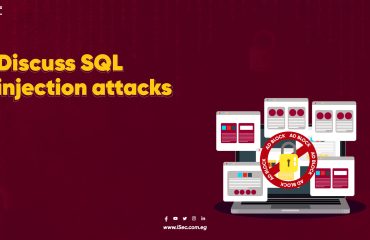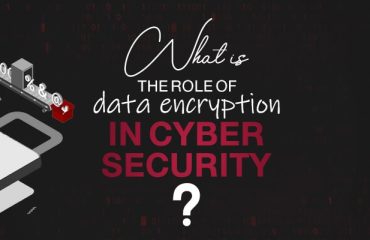
Introduction
In the ever-evolving landscape of technology, quantum computing has emerged as a revolutionary field with the potential to transform various aspects of our lives. With its unparalleled computational power, quantum computing presents both exciting opportunities and significant challenges, particularly in the realm of cybersecurity. In this blog, we will explore the fundamentals of quantum computing, its potential impact on cybersecurity, and the measures being taken to address emerging threats.
Understanding Quantum Computing
Unlike classical computers that operate on classical bits (0s and 1s), quantum computers leverage the principles of quantum mechanics to manipulate quantum bits or qubits. Qubits can exist in multiple states simultaneously, thanks to a property called superposition. This unique characteristic enables quantum computers to perform complex calculations exponentially faster than their classical counterparts.
Impact on Cryptography
One of the most significant areas of concern when it comes to quantum computing and cybersecurity is cryptography. Modern encryption algorithms, such as RSA and ECC (Elliptic Curve Cryptography), rely on the computational difficulty of certain mathematical problems, such as factoring large numbers, to ensure data security. However, quantum computers have the potential to solve these problems efficiently, rendering many of our current encryption methods vulnerable.
Breaking Encryption
Quantum computers possess a powerful algorithm called Shor’s algorithm, which can factor large numbers exponentially faster than classical computers. This algorithm poses a significant threat to the security of widely used asymmetric encryption schemes like RSA. With the ability to factor large numbers efficiently, quantum computers could break the encryption that protects sensitive data transmitted over the internet, including financial transactions, personal information, and government communications.
Post-Quantum Cryptography (PQC)
To mitigate the risks posed by quantum computers, researchers are actively developing post-quantum cryptographic (PQC) algorithms. PQC algorithms are designed to be resistant to attacks by both classical and quantum computers. These new algorithms aim to provide long-term security in a world where quantum computers are prevalent. PQC is an ongoing field of research, and efforts are being made to standardize and integrate these algorithms into existing systems to ensure a smooth transition.
Quantum Key Distribution (QKD)
Quantum key distribution is another promising approach to enhance cybersecurity in the quantum era. QKD leverages the principles of quantum mechanics to establish secure keys between two parties. By utilizing the properties of quantum entanglement, QKD ensures that any attempt to intercept or eavesdrop on the transmission will be immediately detected, as it would disturb the delicate quantum state. This makes QKD an attractive option for secure communication channels, even in the presence of quantum computers.
Preparing for the Quantum Future
As the development of quantum computing progresses, it is crucial for governments, organizations, and individuals to begin preparing for the quantum future. Several initiatives have been launched to address the challenges posed by quantum computing and ensure a secure transition. These efforts include research into PQC algorithms, exploring quantum-resistant solutions, preparing quantum-safe standards, and raising awareness about the potential impact of quantum computers on cybersecurity.
Conclusion
Quantum computing holds immense promise for solving complex problems and revolutionizing various industries. However, its potential impact on cybersecurity cannot be ignored. As quantum computers continue to advance, the need to develop and implement quantum-resistant encryption algorithms becomes increasingly critical. By investing in research, fostering collaboration, and staying ahead of technological advancements, we can prepare ourselves for a secure digital future where the power of quantum computing is harnessed while maintaining the confidentiality and integrity of our data.



